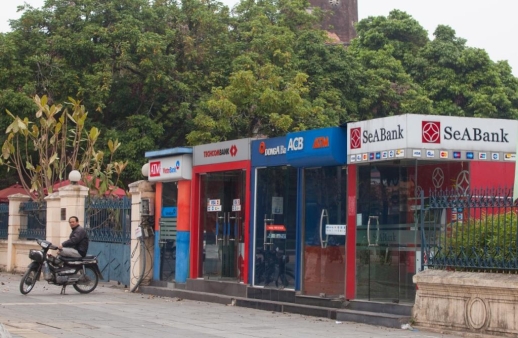
Vietnam banks' average asset return rose to 0.9% in 2017
The healthy figures are partially due to strong core income segment.
Vietnamese banks are gradually becoming more profitable on the back of strong core income segment and stable macroeconomic conditions as weighted average return on assets rose from 0.7% to 0.9% in 2017, according to Moody’s Investors Service.
Asset quality has also improved amidst ongoing recoveries and write-offs with asset weighted-average problem loans ratio of 14 Vietnamese banks falling to 5.7% at the end of 2017 from 6.7% the year before.
However, capitalisation has deteriorated amidst rapid asset growth and cash dividends with asset weighted-average ratio of tangible common equity to total assets for the banks dipping to 5.5% in 2017, pressured by declines at government-owned banks, in particular.
Nevertheless, some banks like Vietnam Prosperity Jt. Stock Commercial Bank, Vietnam Technological and Commercial Joint Stock Bank, and Ho Chi Minh City Development JSC Bank, strengthened their capital bases by selling new shares even amidst unstable capitalisation levels.
"For 2018, we expect that the banks will continue to improve their asset quality and profitability, while capitalisation will weaken," says Eugene Tarzimanov, a Moody's Vice President and Senior Credit Officer."But the credit profiles of banks with stronger capital buffers and lower asset risks will be further distanced from the other banks," says Rebaca Tan, a Moody's Analyst.






















 Advertise
Advertise








